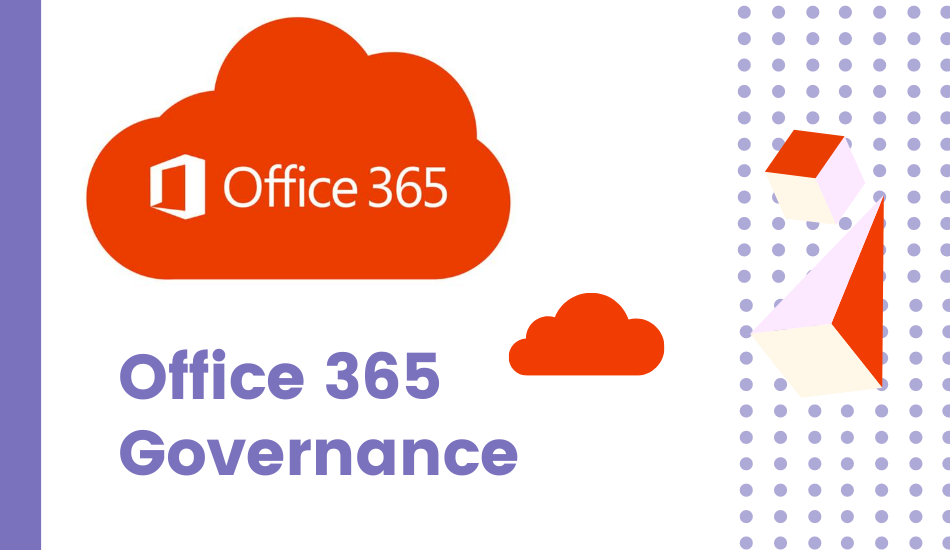What is Office 365 Governance?
When applying Office 365 as a solution or even when using applications outside of Microsoft, the word Governance comes up a lot.
What exactly is it and why is it important for our implementation?
According to Microsoft, Governance is “The set of policies, roles, responsibilities, and processes that control how an organization’s business divisions and IT teams work together to achieve its goals.”
There are many applications that require governance plan now and it’s always a good idea to discuss it among your company before deploying an Office 365 solution or implementing other applications.
Having a governance plan in place helps to streamline the deployments of technologies or products and works to keep systems in your business compliant and secure.
Office 365 Governance can even aid in ensuring that you receive the greatest return on your investment in technologies.
Some questions that should be addressed in figuring out where to start are:
• With the technologies that you are implementing, how will you control them?
• What service level agreements will be included?
• What will you be providing with each service or product that’s being adopted?
• Does the current or future architecture add to the overall effectiveness of our organization?
• Are we meeting regulatory privacy needs, goals, security, and requirements within the architecture?
• Can our internal IT department effectively implement and manage the data, security, and deployments?
The 5 Areas of Office 365 Governance That You Need To Address
1. Data Protection – This will include how often backups may occur, information management (how users will store and share data) and what will be accessible from users within the company as well as users outside of the company.
2. Security and infrastructure – How fine-tuned you will be controlling permissions and how the infrastructure of systems in the environment will be maintained, including who has access to what.
3. Asset classification – This is going to help you determine how to classify sites and content by their value and impact of the content to the organization. In other words, does this content have high, medium, or low business values or impact.
4. Policies – These define life-cycles of products and data by specifying when a they will be updated, removed, or introduced. This will also include any quotas that may exist.
5. Deployment – Deployment is almost its
own separate step apart from the rest. Governing installations and deployments in your environment will need to include tracking installations, blocking installations, keeping current with software updates as well as server-side updates (if necessary).
Implementing Governance Best Practices
You want to make sure that your governing group defines the initial offerings of a service, defines the services on-going policies, and there are regular meetings to evaluate the success of the services.
The policies that are developed need to be communicated to your environment and make sure they’re enforced. At the same time encouraging users to utilize the services as solutions instead of creating their own solutions.
One of Office 365’s biggest benefits is it’s elasticity. The structure of environments is easily scalable up or down depending on an organization’s needs and can be applied to meet almost any business requirements.
With the help of Data Governance Consulting Services, you can develop standardized processes, roles, oversight, and policies to optimize data management and data governance planning for maximum ROI.
Still have questions about governing and Office 365? Contact one of our Office 365 consultants.














